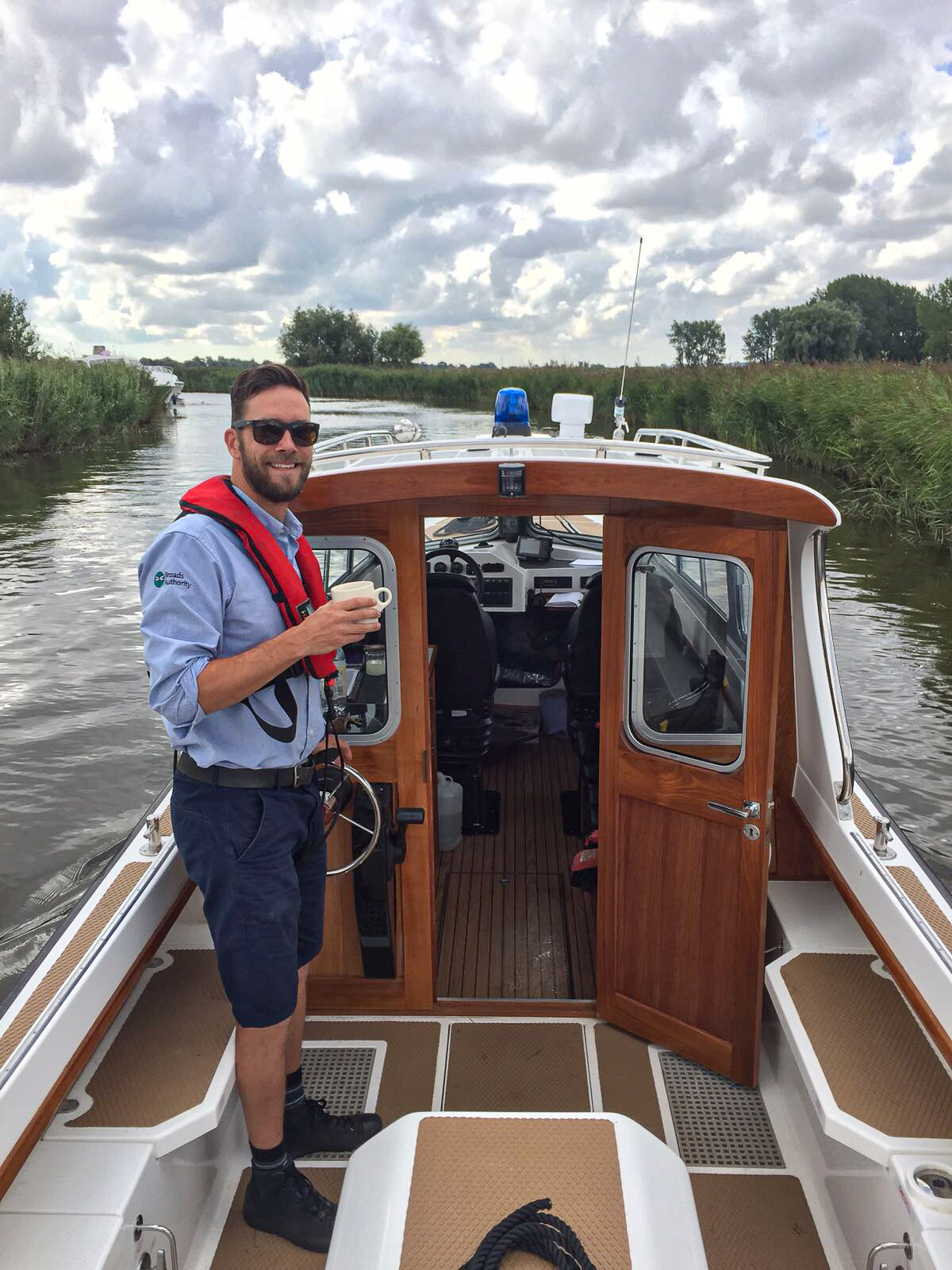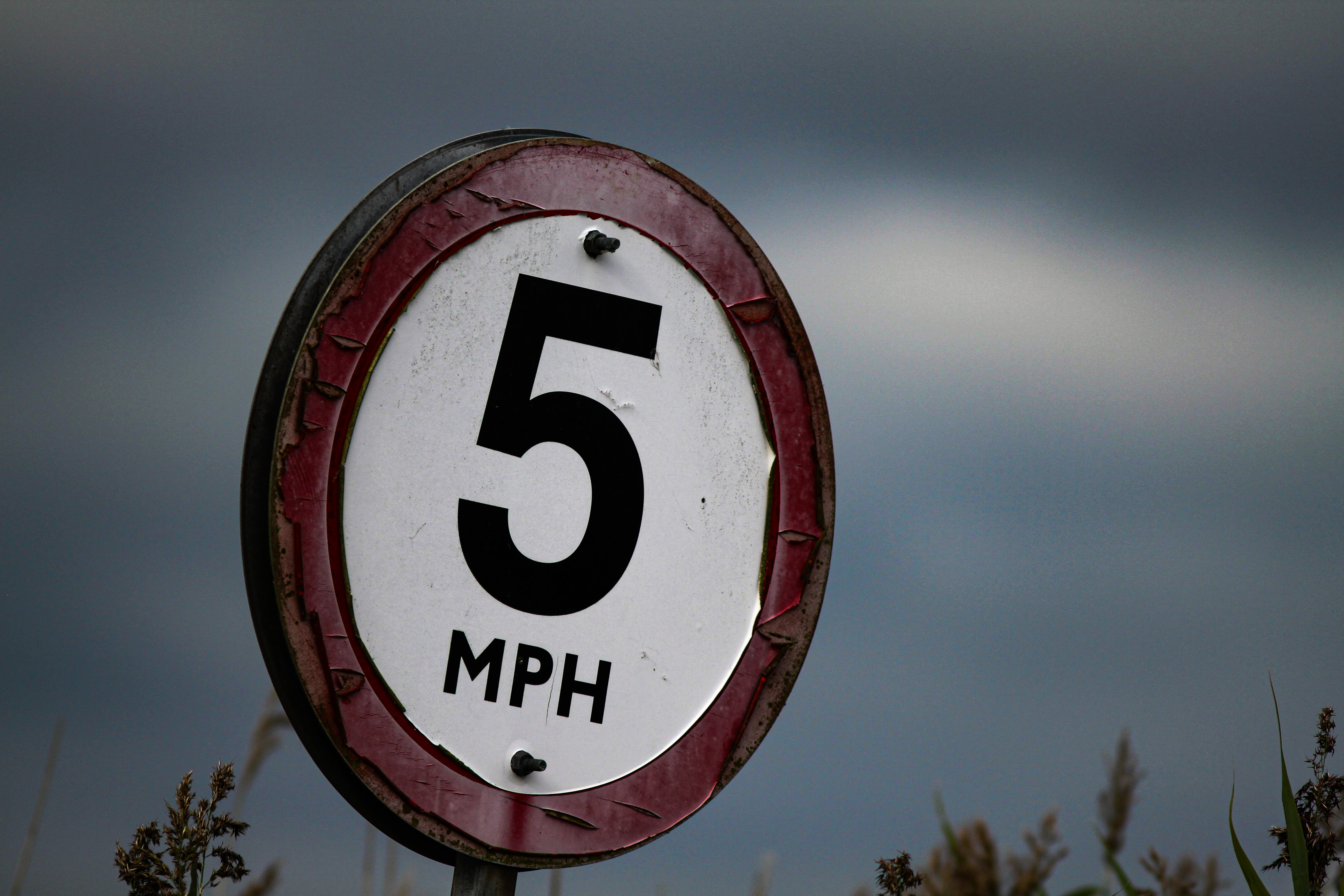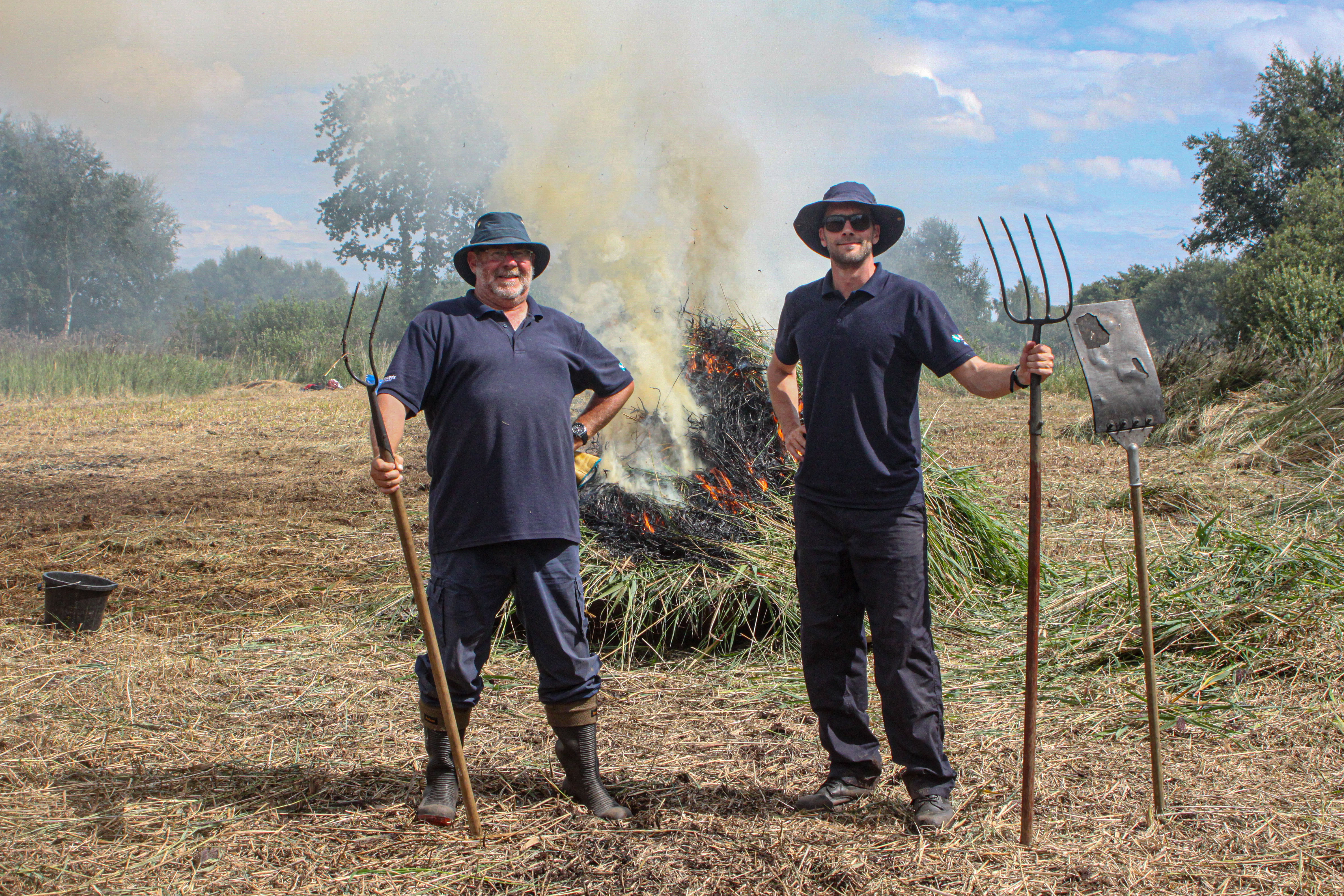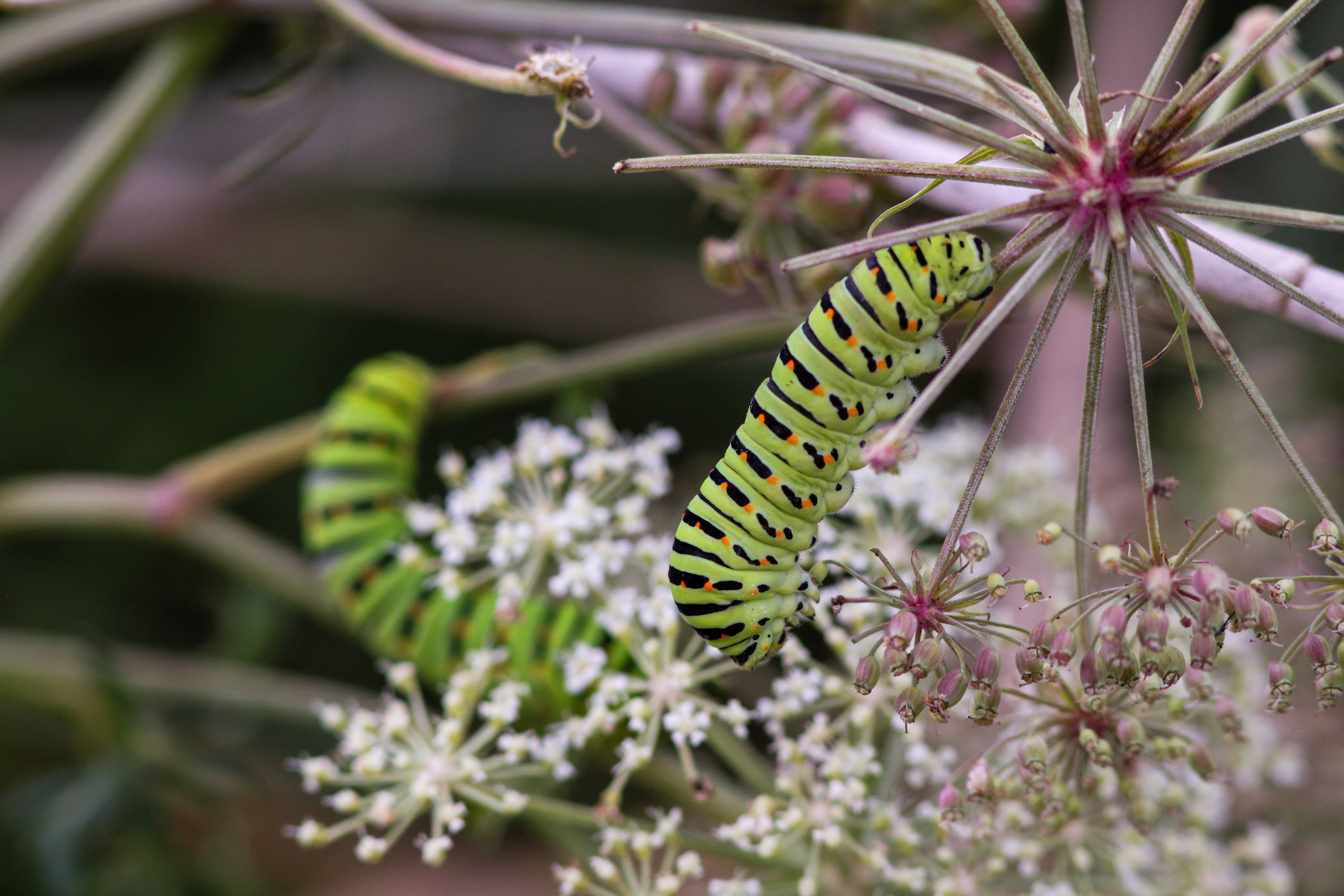Conservation Work
Field Work in Fiji
In 2009, Theo took an opportunity to work in Fiji for the Fijian NGO NatureFiji-MareqetViti. Theo embarked on a year long expedition to search for the critically endangered Fijian Petrel, a seabird that was actually thought to be extinct for 150 years, until it was rediscovered in 1984 by Dr Dick Watling.
Camping out in the cloud forests of Gau, sticking his hand down nipping crab holes searching for the nesting burrows of the petrel, Theo didn’t find the bird he was seeking. However, it started a journey for him, a window into the complexities of the conservation world – and the start of a new career trajectory.
Excitingly, Theo was also charged with the task of taking DNA samples from any Fijian Banded Iguana’s he came across whilst on Gau. Samples taken from a beautiful pair of iguanas living in a lemon tree in a village, later revealed that their population is distinct enough to receive their very own species status. And so Brachylophus gau was first discovered by science.
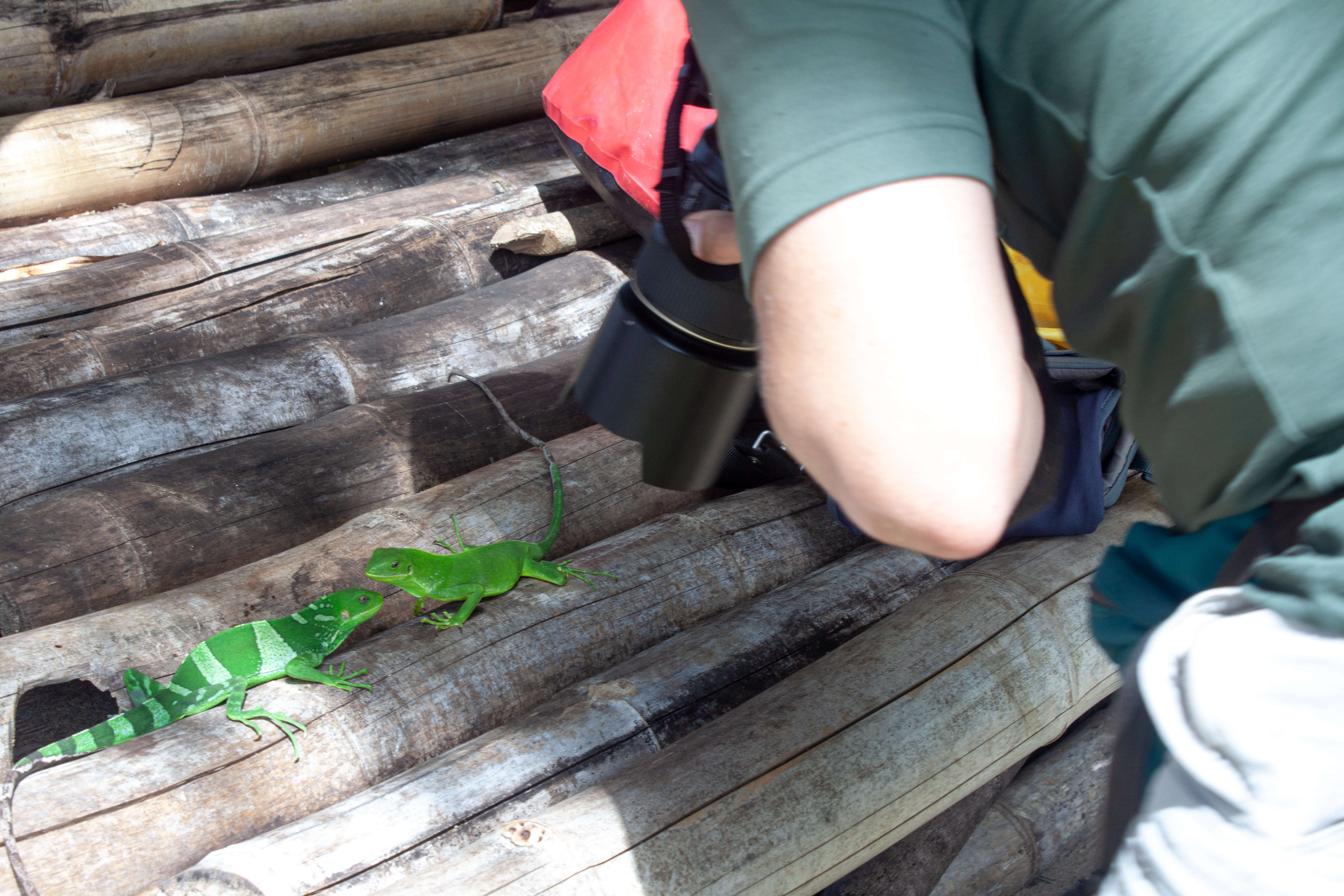


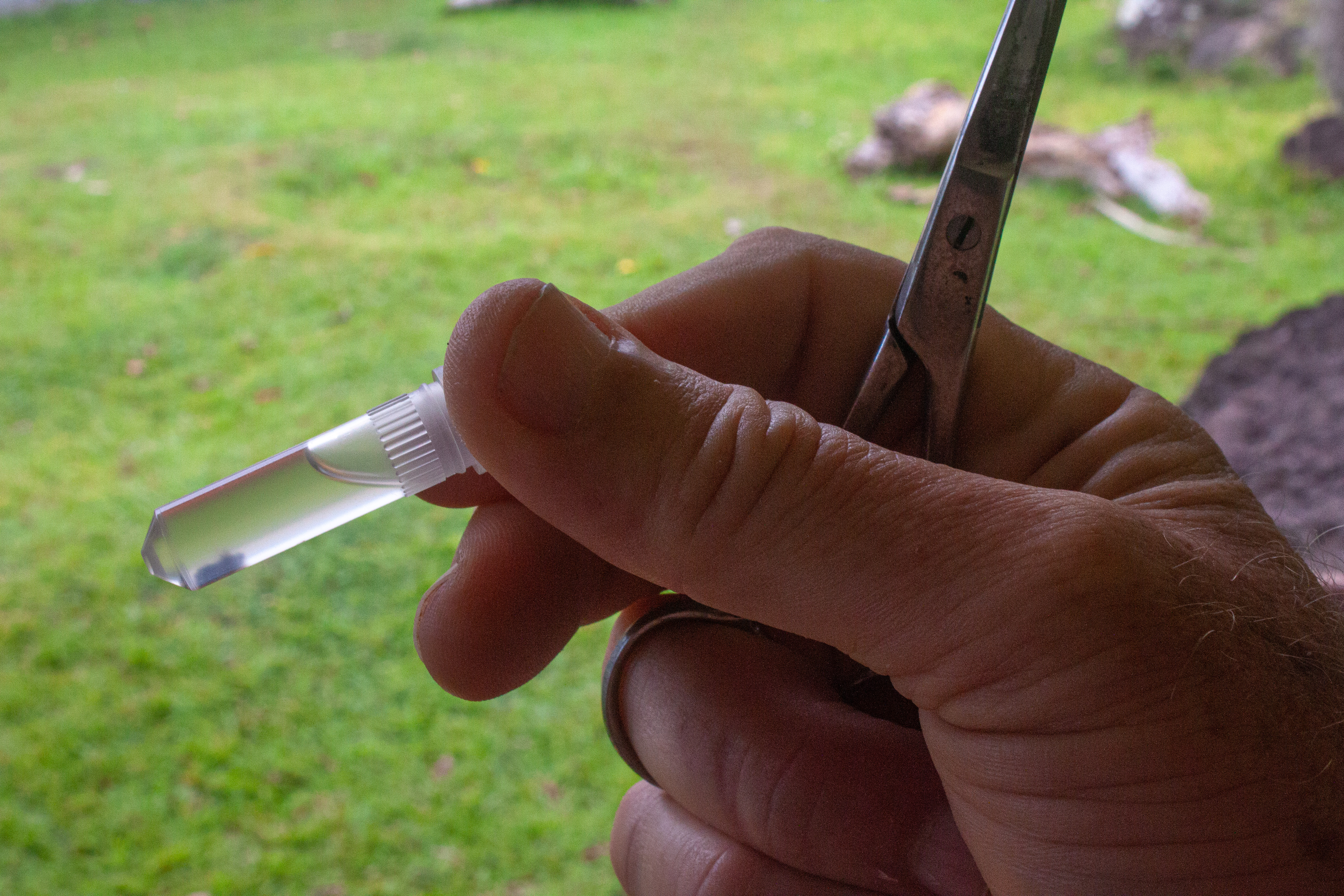
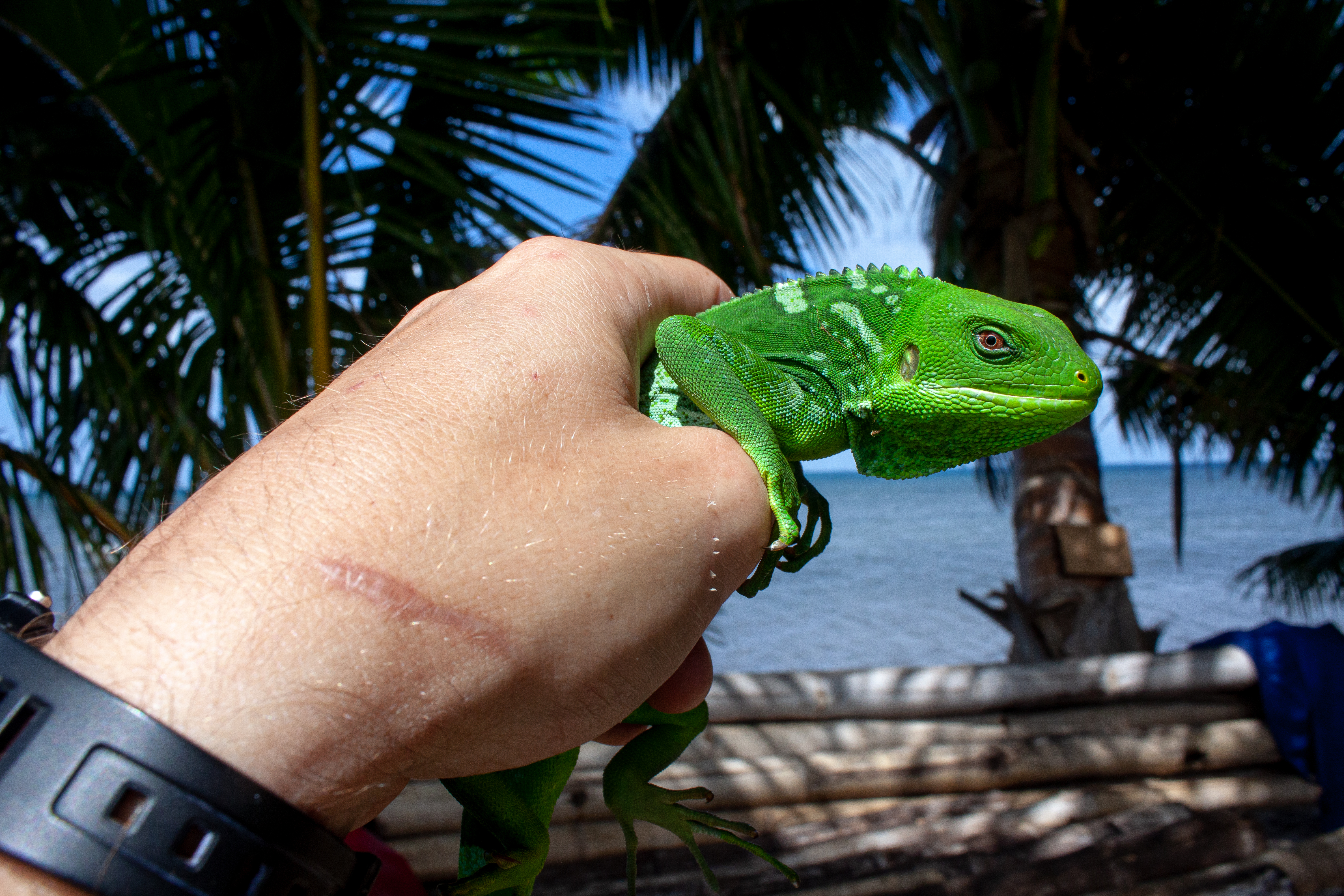
Imperial College London – MSc in Conservation Science
Feeling somewhat out of depth grappling with the intertwining complexities of the natural and social sciences required, in 2011 Theo started a masters programe in conservation science at Imperial College London.
A course partnered with the Zoological Society of London, the Royal Botanical Kew Gardens and Durrell Wildlife Conservation Trust, the masters programme gave Theo a well rounded foundation in applied and research conservation science.
Theo’s thesis, about the role recreational anglers can play in contributing their unique fisherman’s ecological knowledge of water ways to the monitoring and conservation of inland aquatic ecosystems, can be found here.
Durrell Conservation Academy
Working for the Durrell Conservation Academy Theo supported early career conservationists from all around the world. He provided logistical, academic, language and pastoral support for students from diverse cultures and backgrounds attending the Academy courses.
In 2014, the Durrell Academy sent Theo to Rio de Janerio to facilitate a week long Callitrichid Conservation Husbandry Workshop where shared learning and exchange of experience from organisations across Brazil, enhanced in-country capacity for the successful management and conservation breeding of threatened monkeys.
Introduction to Conservation Online Course
Theo was a core developer of the first ever conservation MOOC (Massive Open Online Course), working for the Zoological Society of London and United for Wildlife. Drawing from diverse science research partners, Theo’s job was to create a participant learning framework, plan the structure of the modules, research themes and partner collaborators and presenters. It brings together many world leading conservation organisations and takes the participants through a journey to understand key aspects of the Anthropocene, why we should care about life on Earth, and the role of people to understand it and protect it. The course has since been taken on by National Geographic and can be found here.
Norfolk Broads National Park Ranger
A Norfolk Broads National Park Ranger brought with it a life at 5mph. Theo worked as part of the Ranger team to conserve the national park, engaging with the public, landowners, boatyards and local communities to promote the Authority’s aims and objectives through patrolling, practical works, directing volunteers and assisting at events.
